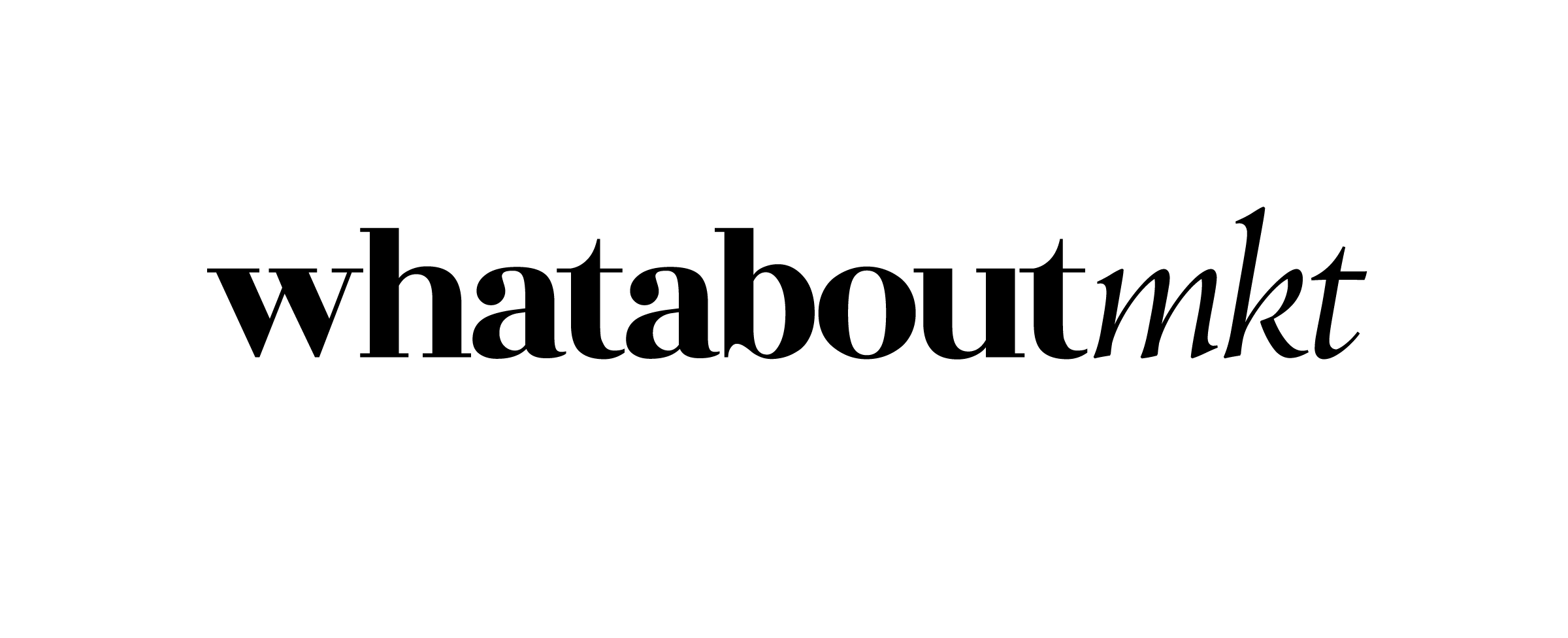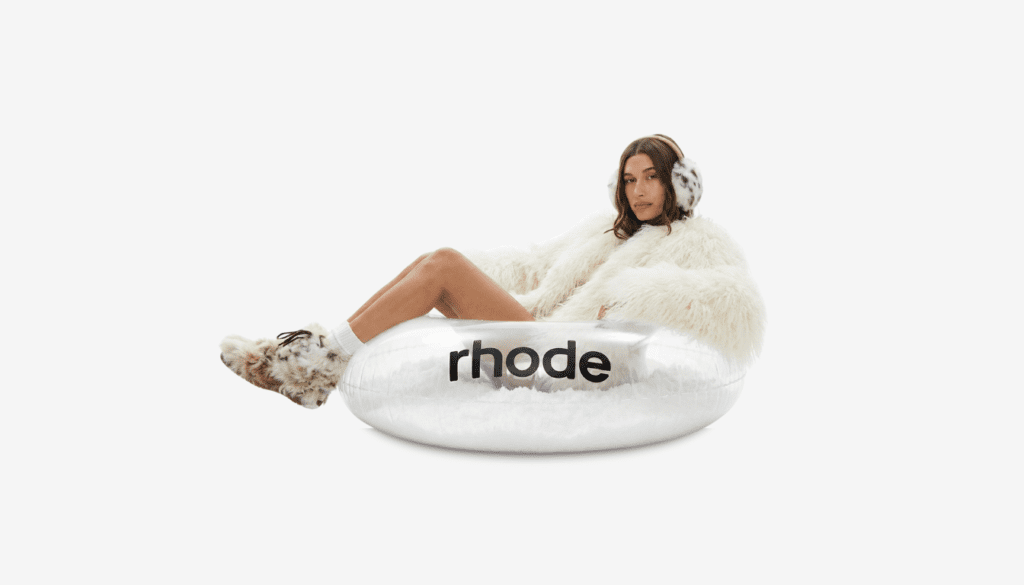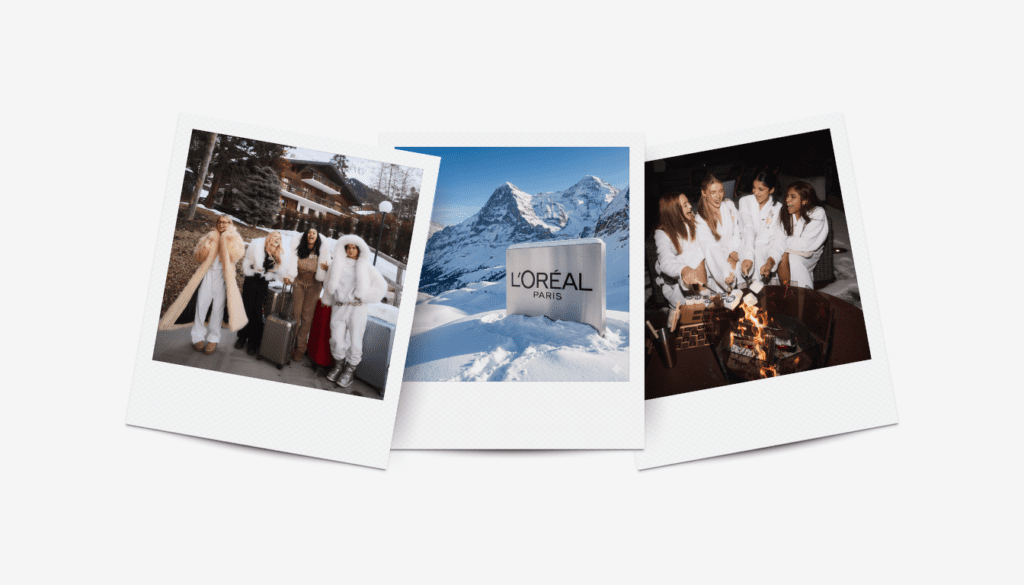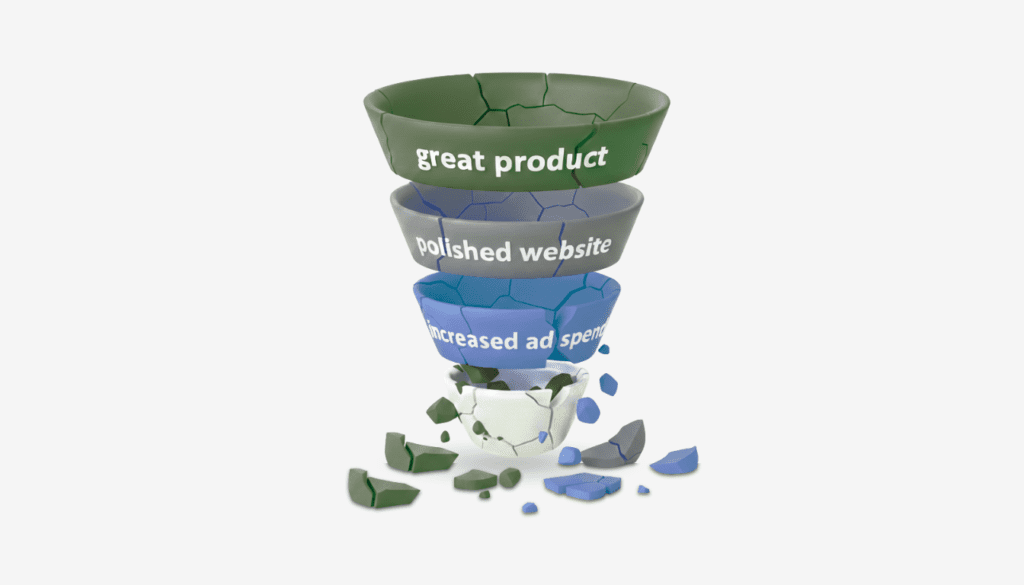On September 4, 2025, Rhode moves from a tightly managed DTC model to shelves at Sephora across the U.S. and Canada, with sephora.com and sephora.ca amplifying reach from day one. The United Kingdom follows later in 2025, extending a rollout that signals a new phase for the brand, ubiquity without losing the cool factor. The timing is not accidental. In August, e.l.f. Beauty closed its roughly $1 billion acquisition of Rhode after the brand reported $212 million in trailing 12-month sales through March. The new ownership unlocks supply chain muscle, inventory confidence, and retail execution at a scale that a standalone social-first label rarely achieves on its own.
Rhode’s will be anchored by products that are already shorthand on social media: the Peptide Lip Treatment and its tinted variants, Pocket Blush, Glazing Milk, and Peptide Glazing Fluid. Importantly, this is a mix that spans skincare and the fastest-moving edges of color, a combination that boosts both basket size and repurchase cadence in a prestige environment.
Why Sephora, Why Now
Sephora offers what DTC cannot: testers, impulse discovery, and the credibility that comes from sitting beside category leaders. The retailer also provides national event infrastructure and a creator ecosystem within the Sephora Squad, which can flood feeds with GRWMs, shade swatches, and in-store try-ons. For Rhode, the move is a test of a classic tradeoff. Limited drops and frequent sellouts generated heat; broader distribution must preserve desire while eliminating friction. Success will depend on tight storytelling, disciplined novelty (with seasonal shades and limited editions), and reliable in-stock positions that turn curiosity into habit.
The Playbook Behind Launch Week
The pre-launch runway has looked like a masterclass in modern beauty marketing. Founder-led “Sephora haul” content and after-hours store teases primed exact-item demand without feeling like ads. Rhode seeded PR kits and creator mailers across beauty news accounts and micro-to-mid influencers, and Sephora’s own channels mirrored the drumbeat with door-opening reminders and product walkthroughs. Expect opening-week animations, such as sampling, artist demos, and photo moments, to translate social intent into traffic. Into the metrics Sephora cares about: day-one lines, unit velocity by door, and week-four replenishment rates.
On social, the mechanics are already familiar: GRWMs featuring Pocket Blush layered over Glazing Milk, lip tint “shade tours,” and value-stacking comparisons that position Rhode as a daily essential rather than an occasional treat. The brand’s tone, pared-back, functional, glossy without excess, travels well across TikTok and Reels, where conversion now hinges less on a single viral post and more on consistent, multi-creator repetition.
What The Money Might Look Like
Neither Rhode nor Sephora discloses brand-level launch budgets or sell-through, but reasonable ranges can be triangulated. Prestige wholesale often nets a brand roughly half of the retail price, and e.l.f. Historically invests about a quarter of net sales in marketing. Applying those ratios suggests two plausible Year-1 outcomes for North America:
One scenario uses door productivity: if Rhode clears roughly $120,000 to $200,000 at retail per freestanding Sephora door in the first year, a common band for a hot, small-SKU line, the network would produce about $72 million to $120 million at retail, or $36 million to $60 million in brand wholesale revenue. At an advertising and promotion rate of nearly 25%, that implies $9 million to $16 million of launch-tied spending.
A second scenario uses comparables. When Glossier entered Sephora in 2023, widely reported figures indicated approximately $100 million in incremental sales for its first year. Rhode enters with similar social momentum and a stronger lip/blush engine; on that basis, an incremental wholesale range of $70 million to $120 million is defendable, with $18 million to $32 million in marketing support to match. Both frameworks point to the same headline: Rhode’s Sephora year could credibly add mid-eight to low-nine figures to the top line, funded by high-single-digit to low-thirty-million marketing.
The Competitive Set it Walks Into
Rhode will share floor space with the playbook’s best examples. Fenty proved that an inclusive shade strategy and global day-one scale could mint blockbuster EMV and immediate retail momentum. Rare Beauty clarified how a mission-driven celebrity brand can build durable color franchises—especially around Blush—into a multi-hundred-million-dollar business within a few years. Glossier demonstrated that DTC cult status can survive a wholesale pivot and, in fact, accelerate when sampling removes friction. Rhode sits at the intersection: a skincare-first brand with viral color-adjacent heroes and a founder who moves culture. The question isn’t whether it can sell out; it’s whether it can replenish fast enough to normalize that demand without training shoppers to wait.
What to Watch Next
Three signals will tell the story. First, early velocity and the shape of replenishment are key. If lip tints and Pocket Blush turn over multiple times in the first month, Rhode earns incremental space, endcaps, and seasonal pushes heading into the holiday. Second, the cadence of newness. Sephora rewards novelty that feels inevitable, not opportunistic, achieved through shade extensions, kit value, and limited runs tied to meaningful moments rather than fleeting trends. Third, international timing, a smooth U.K. late-2025 entry sets the stage for broader European doors, as well as selective Asia placements, where K-beauty textures and minimalist aesthetics have primed the market for Rhode’s finish.
The macro implication is greater than that of one brand, with e.l.f. Now fielding a credible prestige pillar, the boundary between mass-market operational speed and luxury-leaning retail theater is blurring. If Rhode can sustain heat at scale, expect more cross-over plays, and a busier, more competitive Sephora shelf where creator content, sampling, and supply chain discipline matter as much as celebrity.









